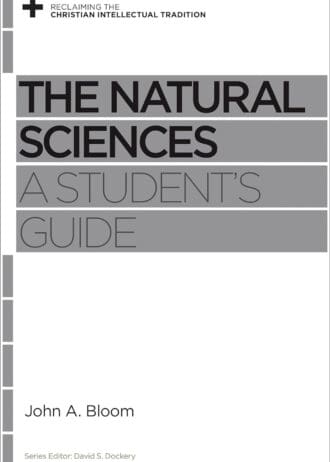The Apologetics Study Bible
The Apologetics Study Bible helps today’s Christians better understand, defend, and proclaim their beliefs in this age of increasing moral and spiritual relativism. More than one-hundred key questions and articles placed throughout the volume about faith and science prompt a rewarding study experience at every reading. Highlights of this thinking person’s edition of God’s Word include the full text of the popular HCSB translation, an introduction to each Bible book focusing on its inherent elements of apologetics, and profiles of historic Christian apologists from Justin Martyr to C.S. Lewis.



